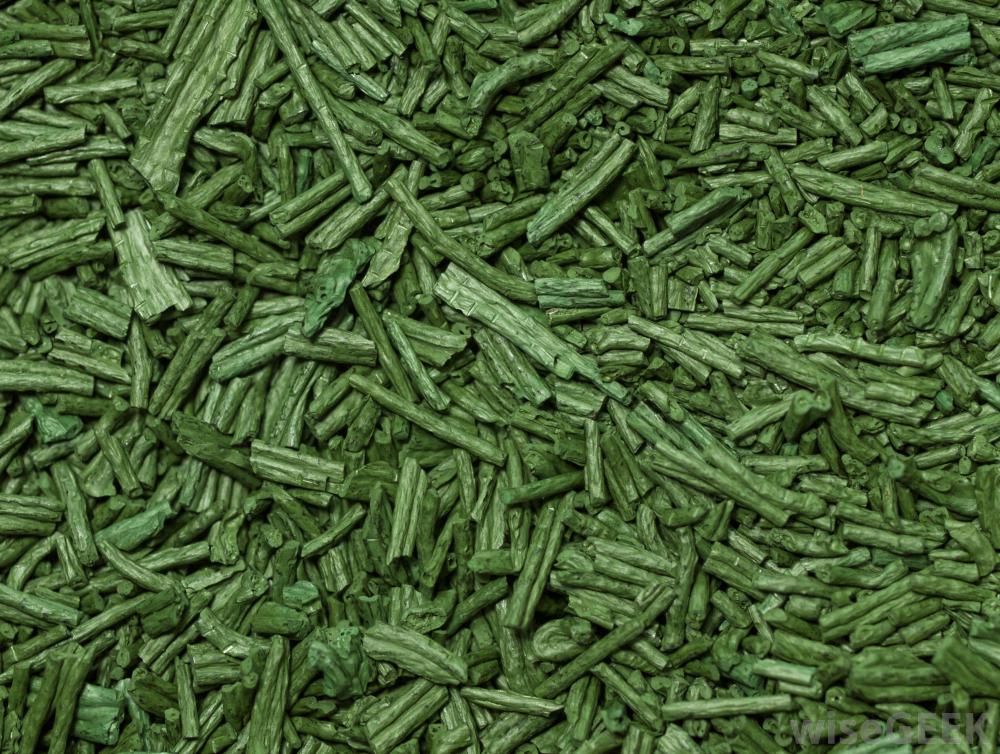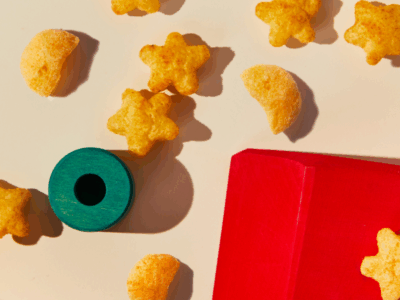- Yep, Spirulina is algae. Here’s why people have been eating it for thousands of years.
- Spirulina is a true superfood rich with vitamins, minerals, protein and antioxidant properties.
- What else can Spirulina do? The endless benefits of this blue green algae.
Believe it or not, spirulina is a type of blue-green algae. Are you thinking “You’re not being serious, right? My beloved baby’s food has algae in it?” True, eating pond scum or seaweed might not sound like gourmet or fine dining. But spirulina is good for your growing munchkin—we can promise you that. Its benefits are so positive that people willingly overlook that fact that they’re consuming algae in order to reap its health prowesses.
People have been incorporating spirulina into their diet for thousands of years. Hernán Cortés, a Spanish conquistador, found that the ancient Aztecs grew spirulina that they then sold as cakes to locals. Lake Chad in Africa is an area where spirulina has been grown, too.
It’s brimming and rich in vitamins, minerals, protein and antioxidants that protect cells from damage. It boasts nutrients like beta-carotene, vitamin E, manganese, copper, iron, zinc, calcium, magnesium and selenium. And when you think of protein, algae likely doesn’t come to mind. But spirulina packs a protein punch, offering all the essential amino acids. In fact, it’s touted as a superfood since it offers so many health benefits.
Since spirulina holds a relatively neutral taste, it can be included in nearly any meal. That’s why we’ve added it to our products. Plus, it can help your baby detox from any harmful chemicals that she may have possibly ingested. So, if you fear that a fruit you fed her from the local farmer’s market was contaminated with something you don’t want in her body, adding some spirulina to her day can help put your mind at ease.
Fermented foods can help improve gut health. For example, probiotic yogurt and apple cider vinegar are fermented foods. Like those foods, spirulina helps stimulate the reproduction and growth of good bacteria while controlling the growth of harmful bacteria.
And we all want our baby to sleep soundly. Who doesn’t? Spirulina is thought to contain a certain amino acid that helps improve the body’s natural production of melatonin, an important hormone that helps us sleep. Who can say no to that?
Image credit: https://images.wisegeek.com/spirulina.jpg



